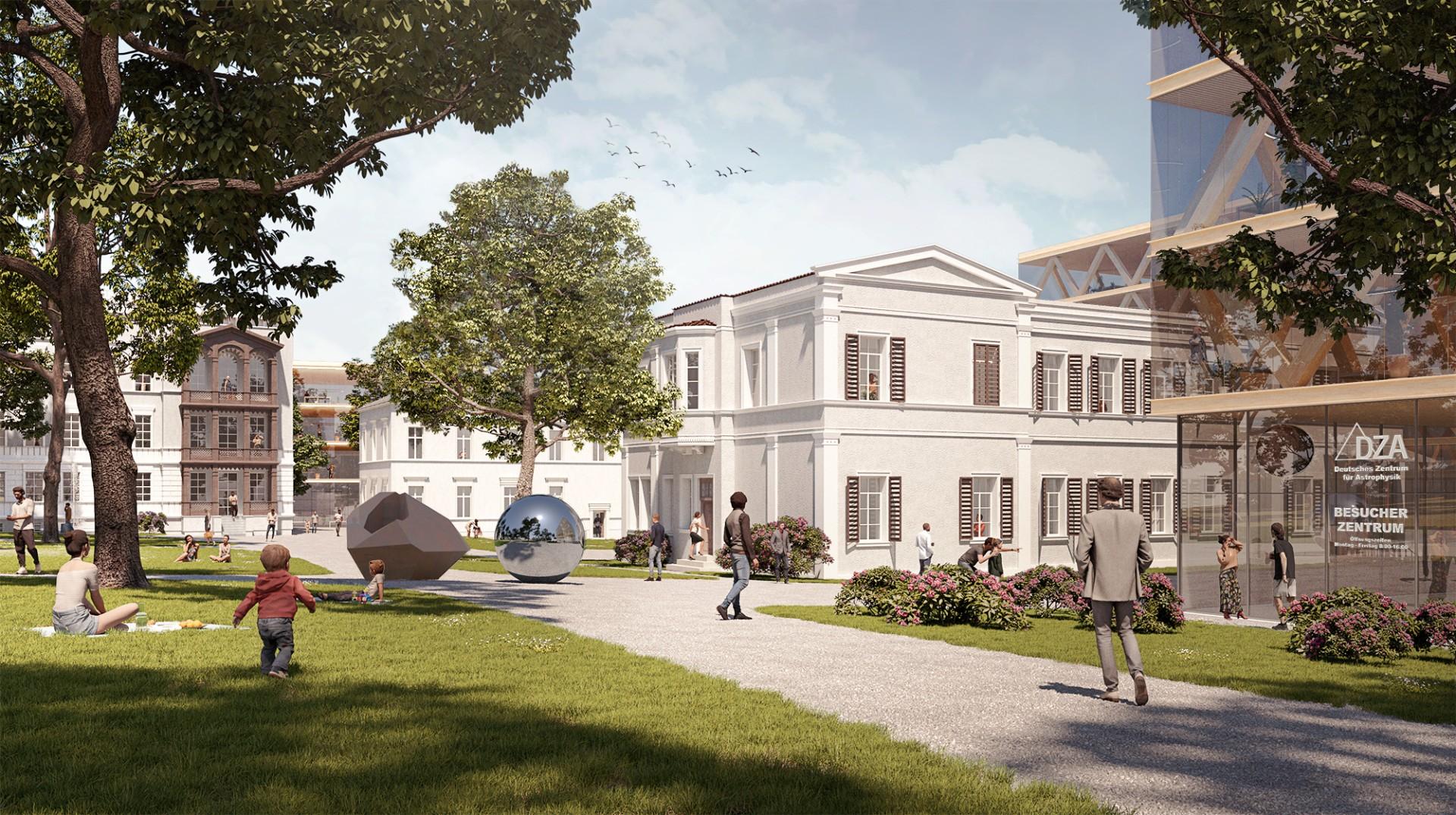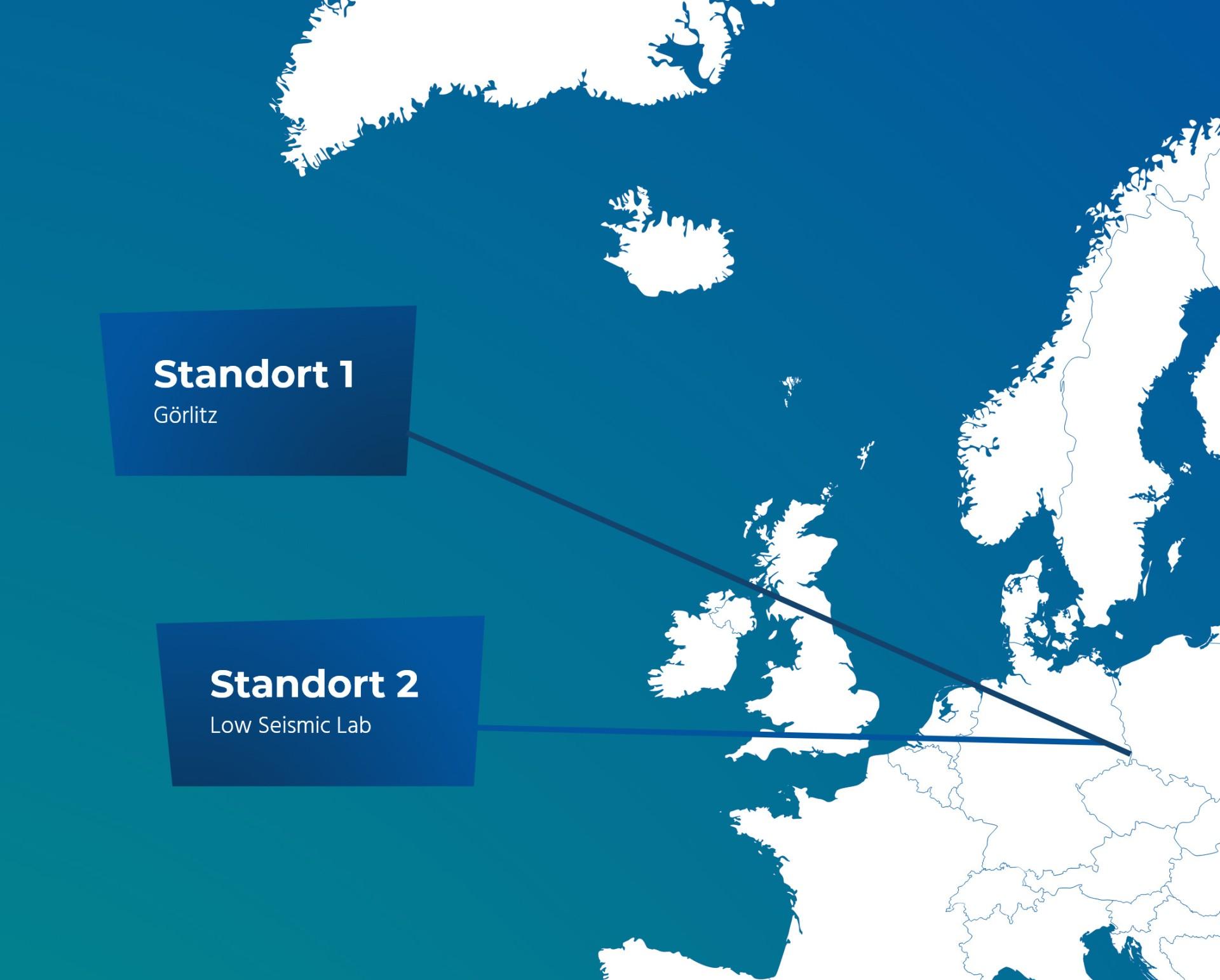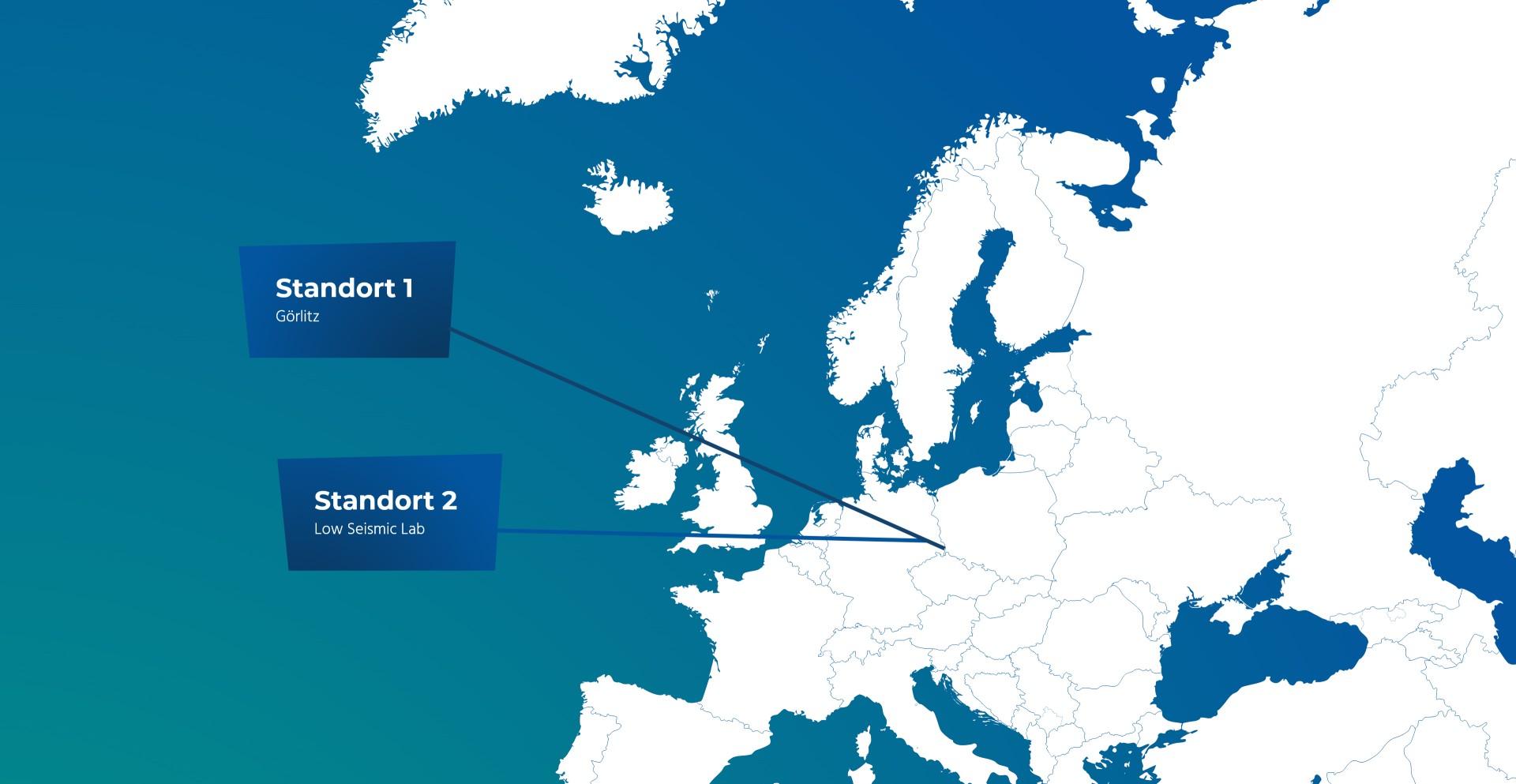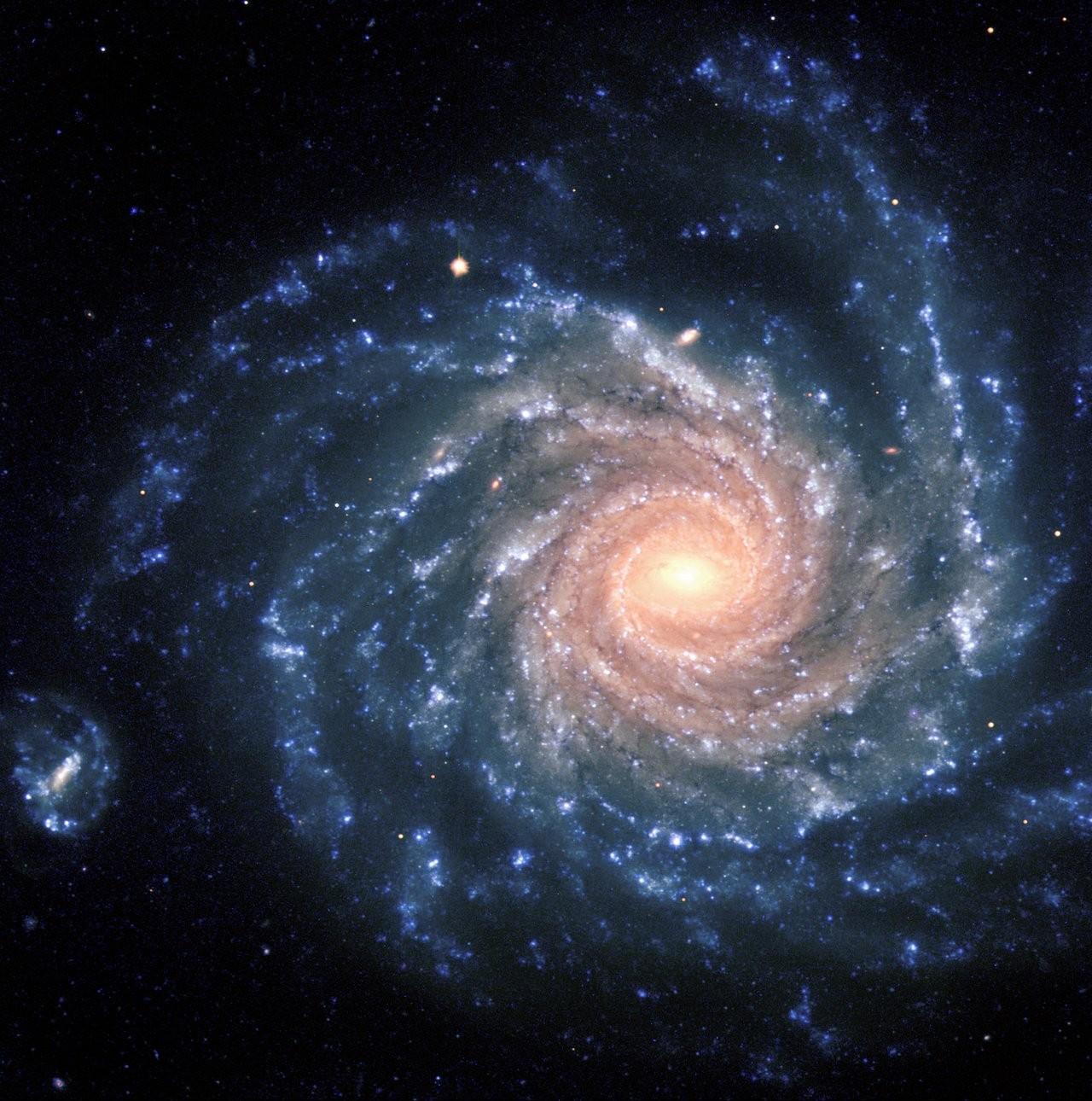Jahrestagung der Astronomischen Gesellschaft kehrt nach 100 Jahren zurück ins Herz Europas
Vom 15. bis 19. September 2025 richtet das im Aufbau befindliche Deutsche Zentrum für Astrophysik (DZA) in Görlitz die Internationale Jahrestagung der Astronomischen Gesellschaft (AG) unter dem Titel "The restless Universe" aus. Damit findet nach 100 Jahren erstmals wieder eine Jahrestagung der Astronomischen Gesellschaft (AG) in Sachsen statt – zuletzt tagte die Gesellschaft 1924 in Leipzig.











